Lithium-based batteries have emerged as the popular choice among a wide array of applications in the portable energy storage space, from consumer electronics to electric vehicles (EVs) and sustainable energy storage solutions. There are different types of lithium batteries, and one of the most common types are lithium-ion (Li-ion) batteries and lithium iron phosphate (LiFePO4) batteries. Especially when it comes to choosing the right battery for a specific application, weight is a key parameter, as the heavier the battery is, the lower the performance, portability, and usability of the device or system. Today I will compare the weight of the common Li-ion and LiFePO4 batteries and cover the key reasons that affect their weight and then how their weights impact the use case.
Li-ion and LiFePO4 Battery
Li-ion Batteries
Lithium-ion batteries are a type of rechargeable battery in which lithium ions move from the negative electrode (anode) to the positive electrode (cathode) during discharge and back when charging. These typically have a lithium cobalt oxide (LiCoO2) cathode, a graphite anode, and a liquid electrolyte. The performance of Li-ion batteries differs according to the cathode material used (i.e., Lithium Nickel Manganese Cobalt Oxide (NMC), Lithium Nickel Cobalt Aluminum Oxide (NCA), etc.).
Key Characteristics:
Energy Density: Li-ion cells have a high energy density, which means they are capable of storing a lot of energy in a small, lightweight package.
Applications: Popular use in consumer electronics, electric vehicles, and portable power tools.
Performance: one of the best characteristics of Li-ion batteries is their performance in power output and efficiency.
Lithium Iron Phosphate (LiFePO4) Battery
LiFePO4 batteries are a type of Li-ion battery (lithium-ion) that uses lithium iron phosphate as the cathode material. These are something of a type of lithium-ion battery but have a distinct electrochemical composition that offers some great benefits.
Key Characteristics:
Why Lithium-iron Batteries are Better LiFePO4 batteries are a new type of lithium battery with high safety and stability protection. The high-temperature phase transition point of the LiFePO4 battery is nearly one thousand degrees Celsius.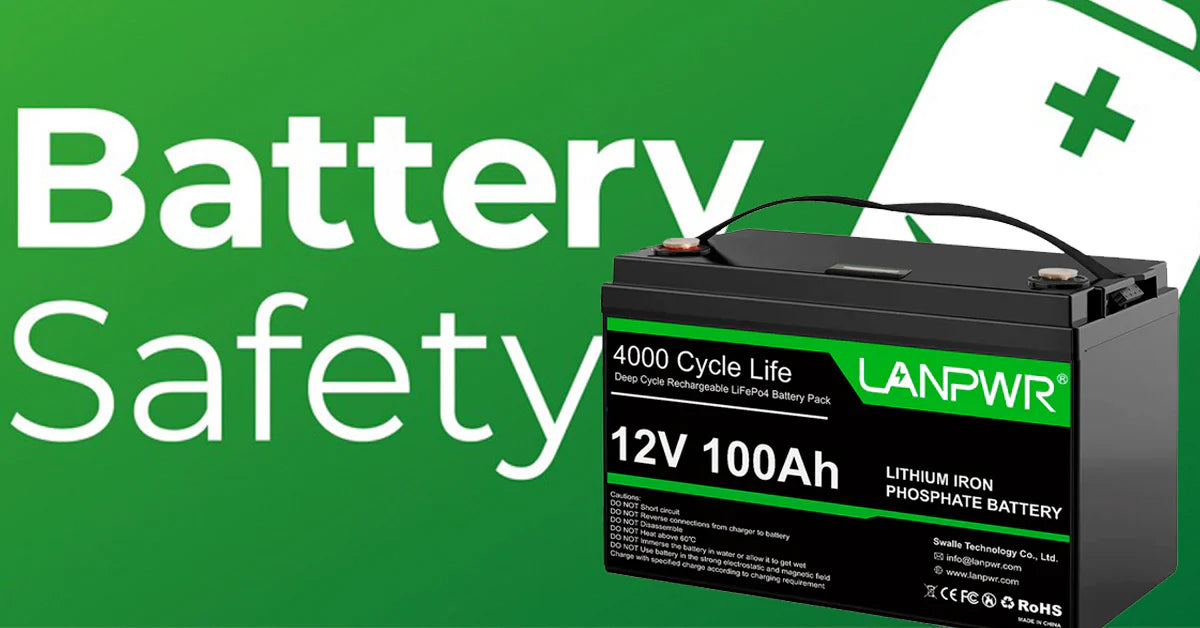
Cycles: They can last through many thousand charge-discharge cycles(sort of).
Low Energy Density: Typically, less energy density varies than other Li-ion cells, influencing their weight and size.
Comparative Weight Analysis
Which is Heavier: Lithium or Lead-Acid BatteriesFor answering this question, it is important to consider the energy density, specific energy, and the targeted application.
Specific Energy and Energy Density
Energy density means energy stored in a given volume, and specific energy is energy stored in a given mass. Key to understanding the weight implications of each type of battery, these metrics are often just as important as the efficiency numbers.
Li-ion Batteries
High Energy Density -Li-ion batteries usually have a high energy density; they score the value between 150-250 watt-hours per kilogram (Wh/kg).
Higher energy density = higher specific energy which means li-ion batteries can store more energy for the same weight than liFePo4.
LiFePO4 Batteries
Energy Density: LiFePO4 Batteries have an energy density of 90 – 160 Wh/kg.
Specific Energy: This lower energy density also implies that LiFePO4 batteries are going to be heavier than your standard Li-ion battery when comparing like for like in overall energy storage volume.
Practical Implications and Weight One-to-One Matching
Weight per Unit of Energy
If a Li-ion battery were used in a battery pack for 1 kWh of energy, it might weigh 4-6 kg.
The same capacity of energy storage is 6-11 kg for a LiFePO4 battery pack.
System Weight
The weight savings could be more pronounced when considering the complete battery system with housing, electronics, and cooling systems. Overall, Li-ion systems with better energy density naturally exhibit the smallest weight and volume, while bulkier, LiFePO4 systems are characterized by specific safety and longevity benefits.
Apps & Battery Use
Electric Vehicles (EVs)
Li-ion Batteries in EVs
The high energy density and lower weight of Li-ion make them ideal for electric vehicles, where weight savings translate to energy efficiency and higher range. Indeed, EV makers will attempt to optimize each of these characteristics to get a vehicle to go further on a single charge.
LiFePO4 Batteries in EVs
For those looking to mix it up a bit more, certain models or applications may instead opt for LiFePO4 (Lithium Iron Phosphate) batteries, putting safety and longevity above maximum range. Take electric buses or delivery trucks that have little need to maximize range, but are more worried about safety and operational lifespan; such vehicles might choose the heavier LiFePO4.
Renewable Energy Storage
Li-ion Batteries
Mobile applications are where such a weight penalty might prove less acceptable—presumably, stationary energy storage applications like home battery systems or grid storage would be less affected. Li-ion batteries are preferred for their high energy density and sparing space to a great extent furthermore accommodating higher energy storing volume in limited space.
LiFePO4 Batteries
Increasingly used in renewable energy storage, these batteries are known for their long cycle life and stability. Molten salt batteries are bulkier and costlier, but are safe and tough enough to satisfy requirements for energy storage from solar panels or wind turbines where volume has some flexibility.
Mobile Gadgets and Consumer Electronics
Li-ion Batteries
Ideal option for powering smartphones, laptops, and other portable electronics, as they are both lightweight and have a high energy density. Compact and a lightweight device are what you need to meet the needs of the customers and also the bigger demand from customers is for portable type of devices which in turn raises the popularity of the Li-ion battery.
LiFePO4 Batteries
More rare in consumer electronics, because of their relatively poor energy density and weight. However, they are still popular for certain purposes such as portable power stations with a need for safety and longer life.
Future Recognition and Technological Advancement
LiFePO4 Batteries Advancements
LiFePO4 batteries are already well regarded for their safety and longevity, but efforts are ongoing to develop them for higher energy density and lower weight without sacrificing their intrinsic benefits. They might become more viable in applications where weight is mission-critical.
In summary, if you consider the weight of Li-ion batteries with the weight of LFP batteries, Li-ion batteries are lighter than LFP batteries because Li-ion has higher energy density and specific energy. This means these would be ideal for applications where light weight is important, like electric vehicles or portable consumer electronics. Though LiFePO4 batteries are heavier, they have a number of other advantages of their own, including being much safer and more stable overall, as well as around 3-4x as many cycles as their LiPo equivalents (although at higher weights per cycle), so they can be used in applications where one of their strong suits are required over lightweight. As technology improves, both battery types will likely get better across the board, making them a fit for more and more applications by reaching an equilibrium between weight, safety, and performance.





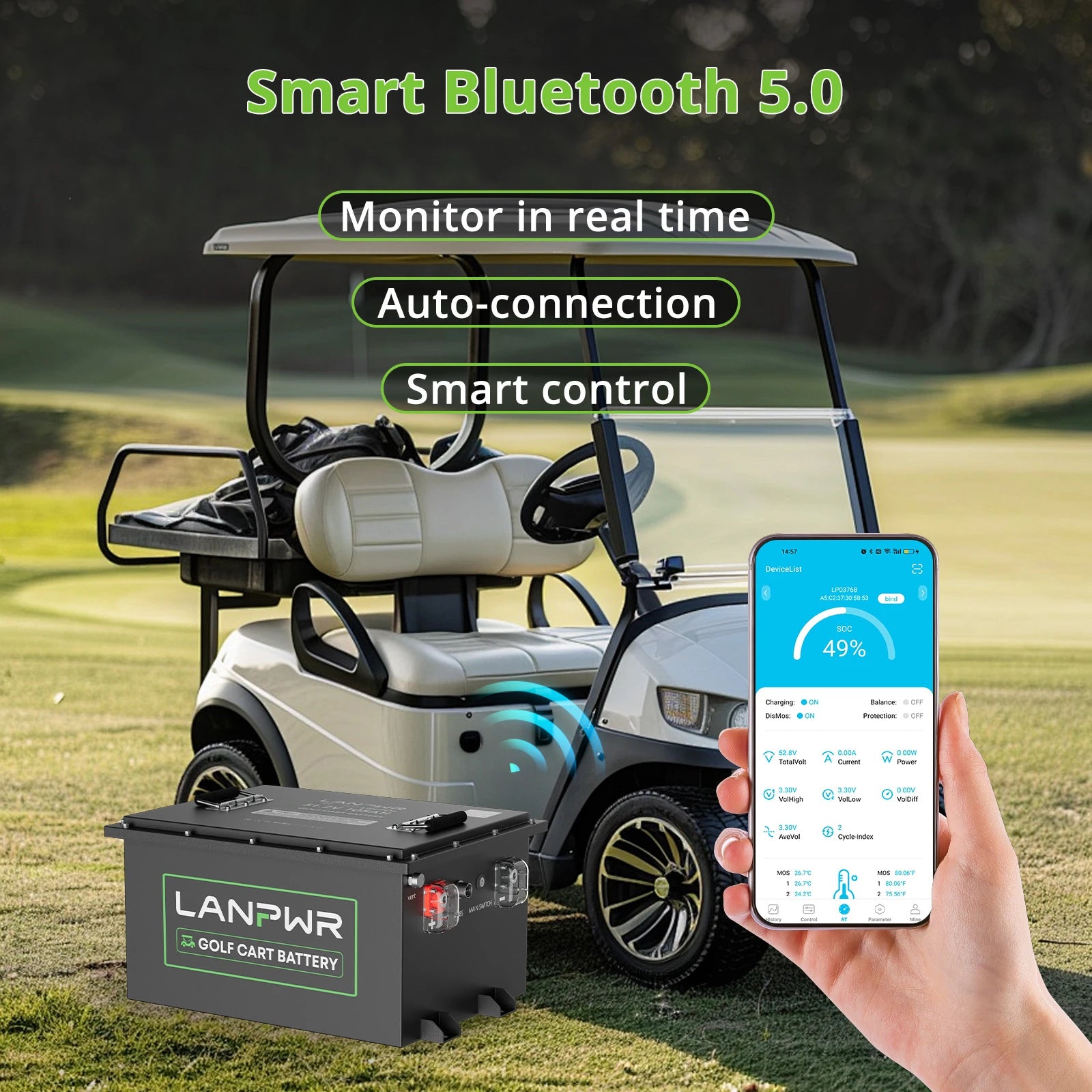
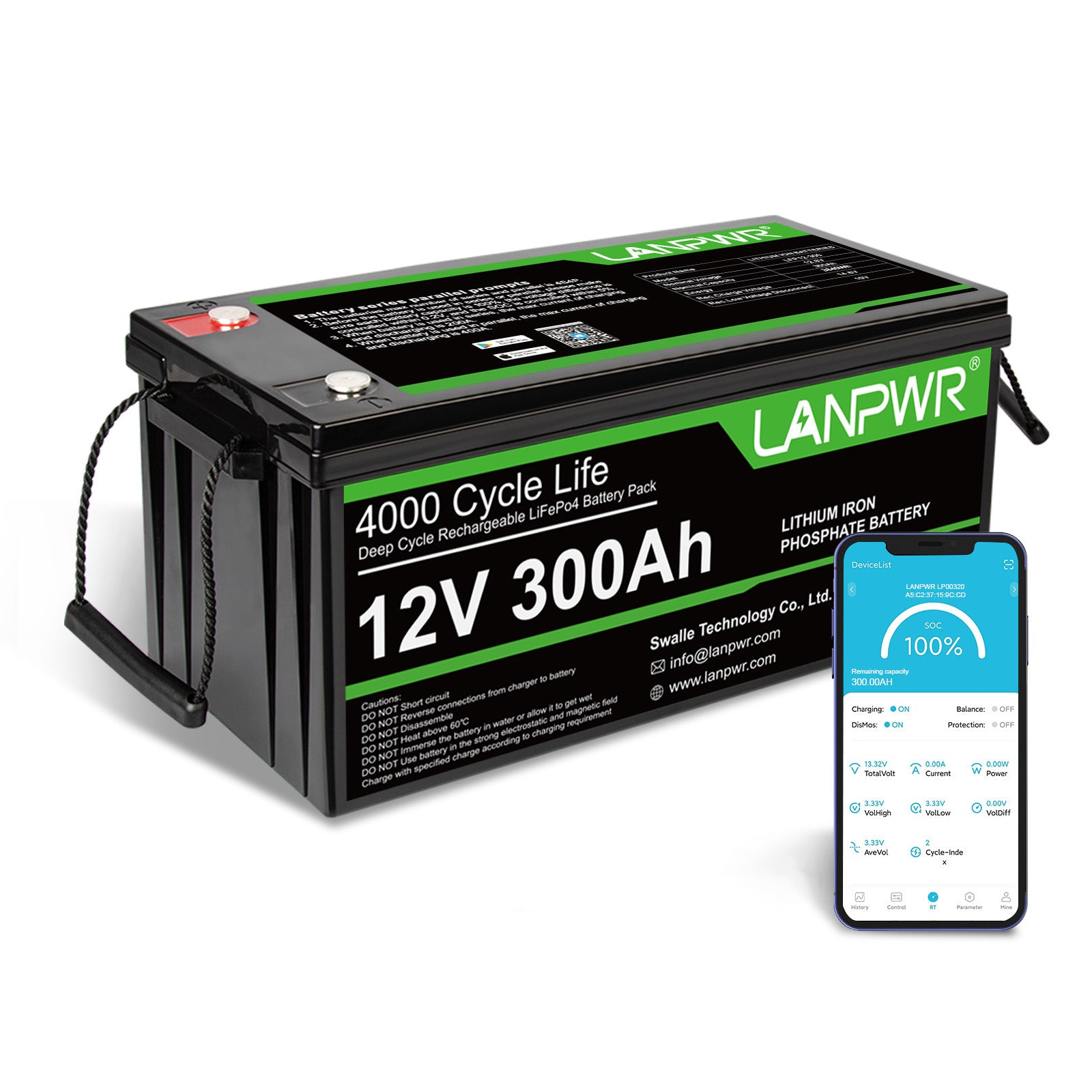
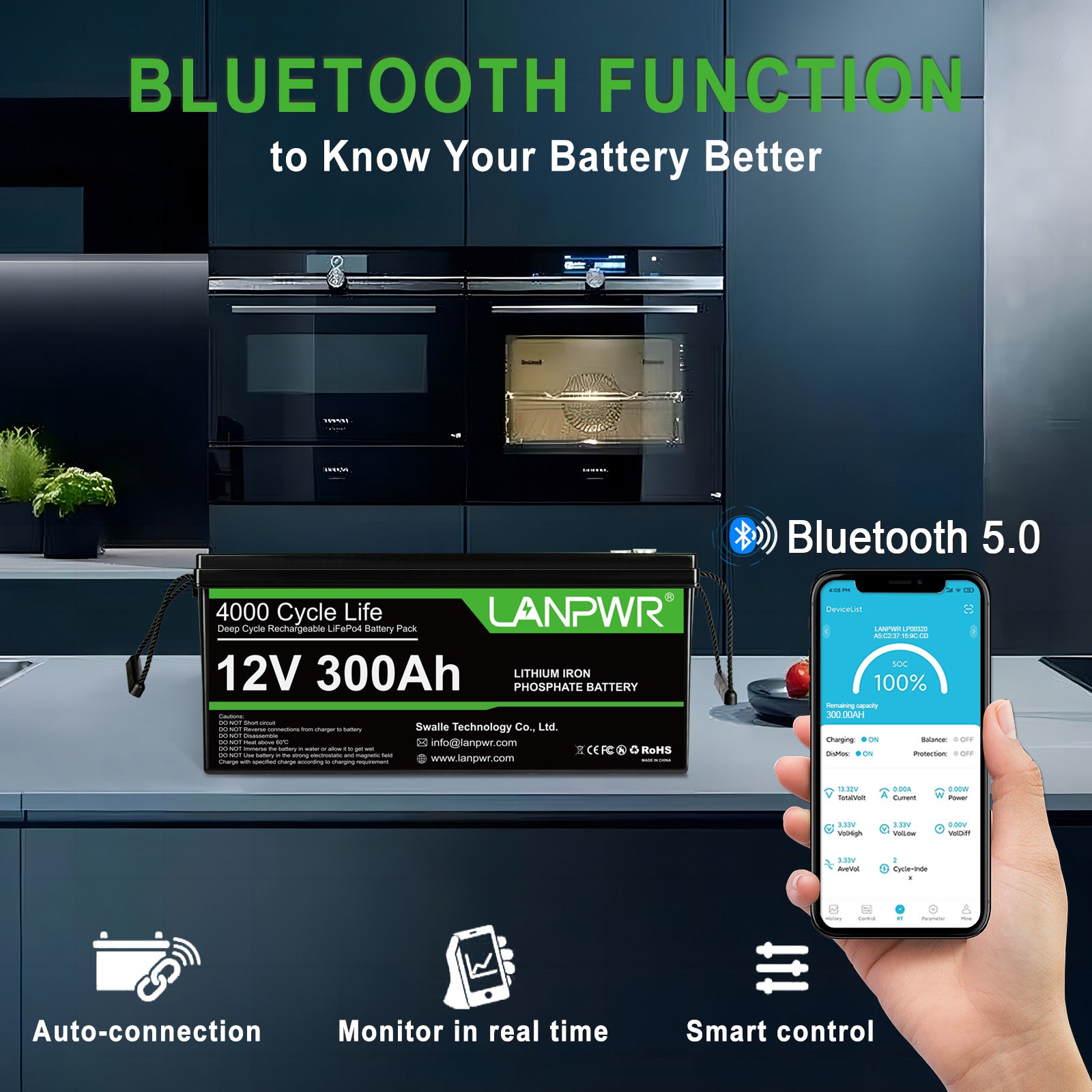
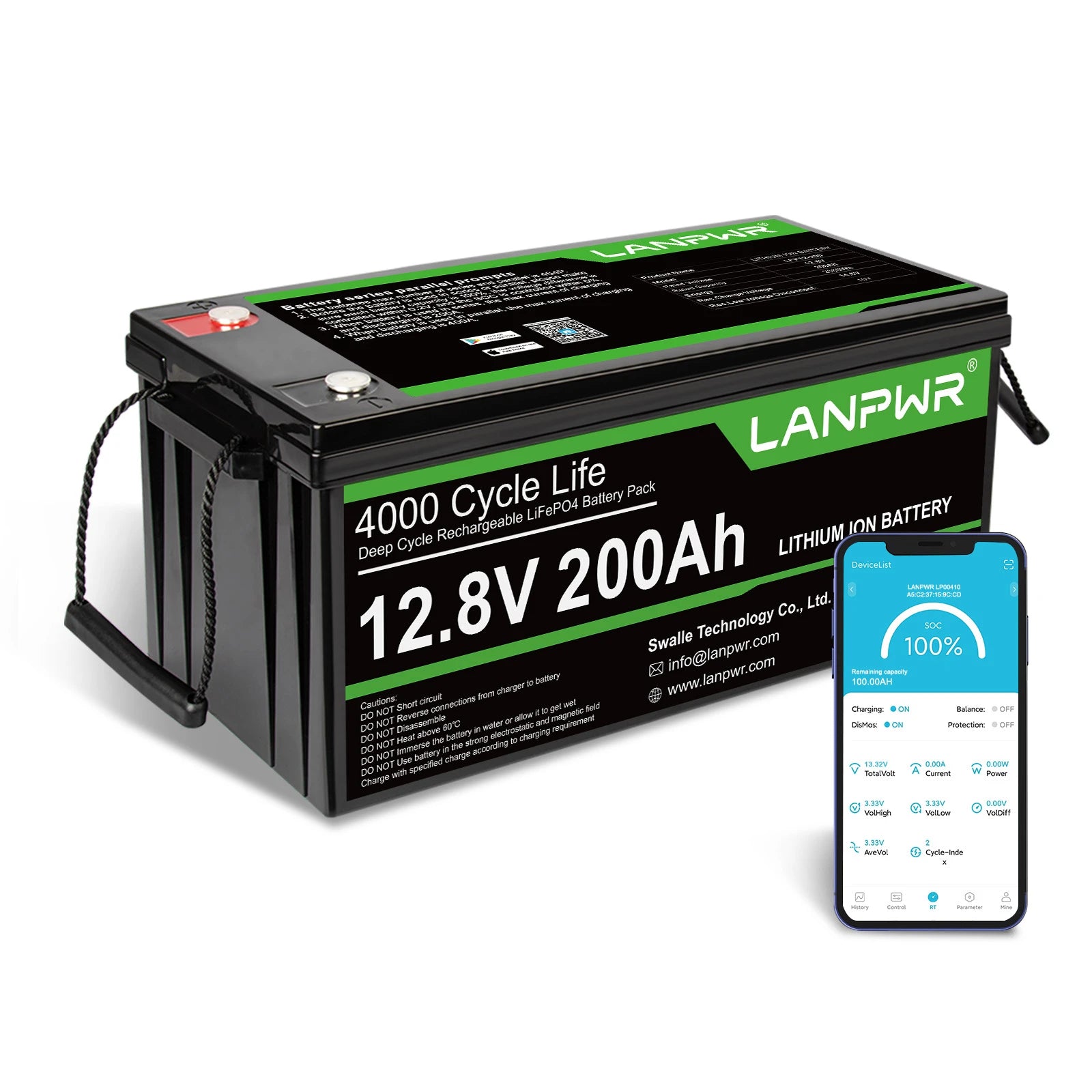
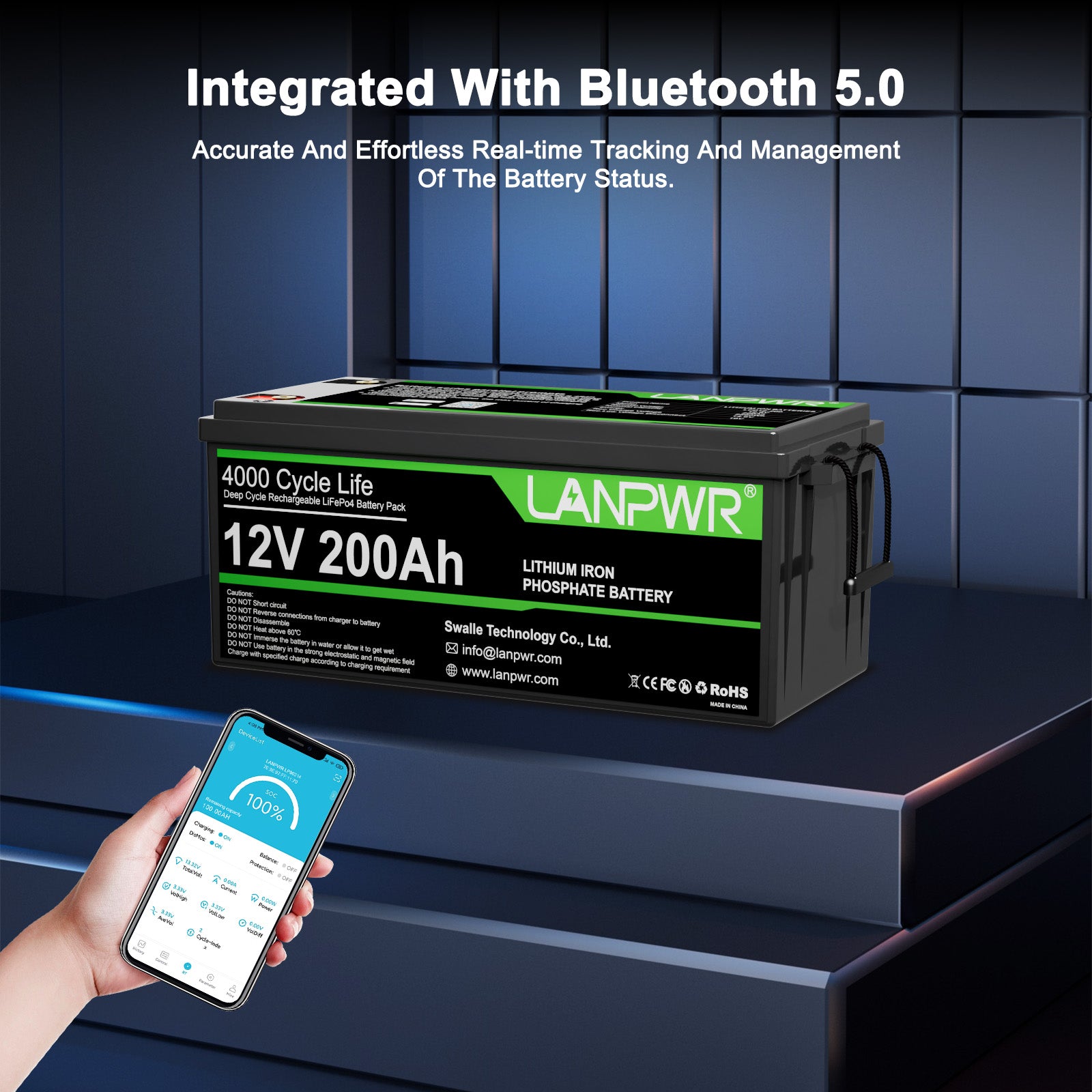
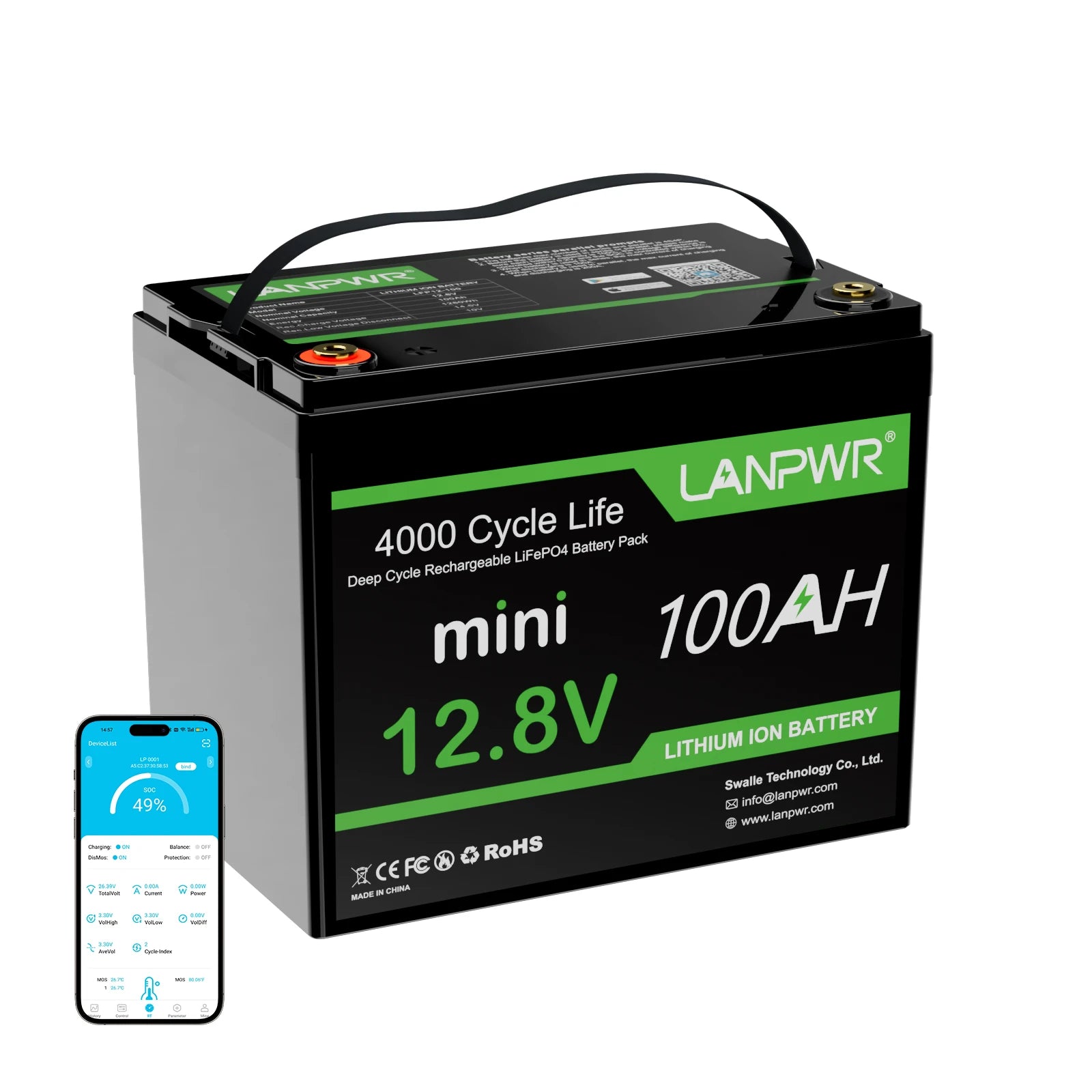

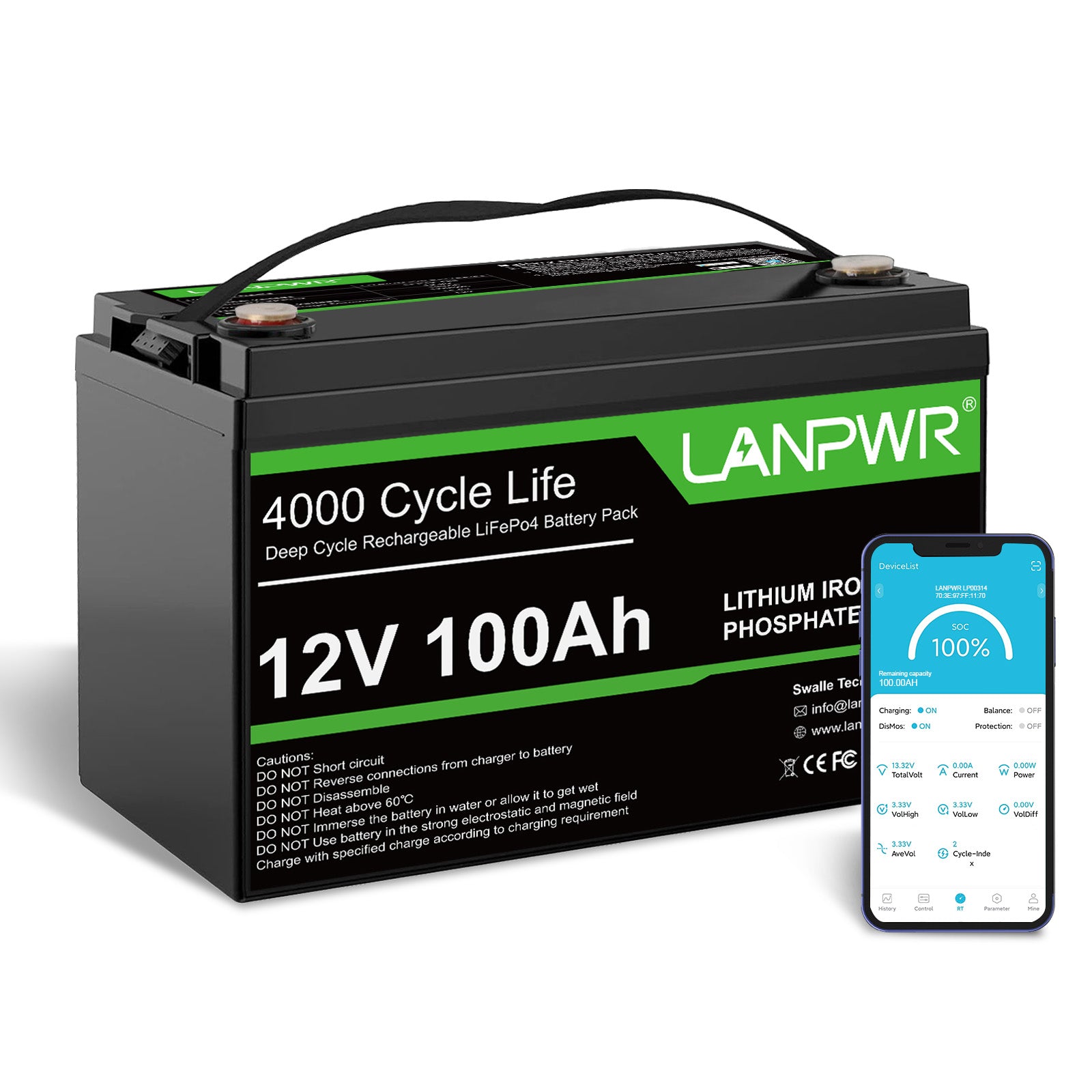

Leave a comment
This site is protected by hCaptcha and the hCaptcha Privacy Policy and Terms of Service apply.